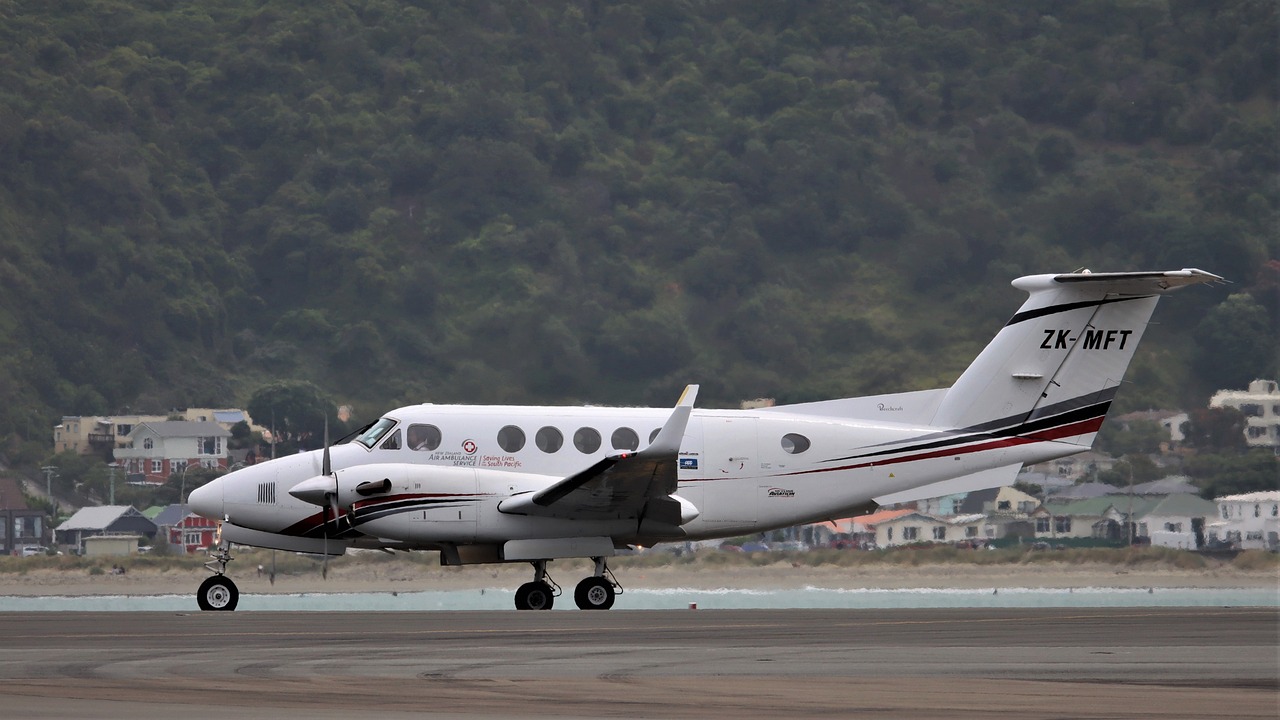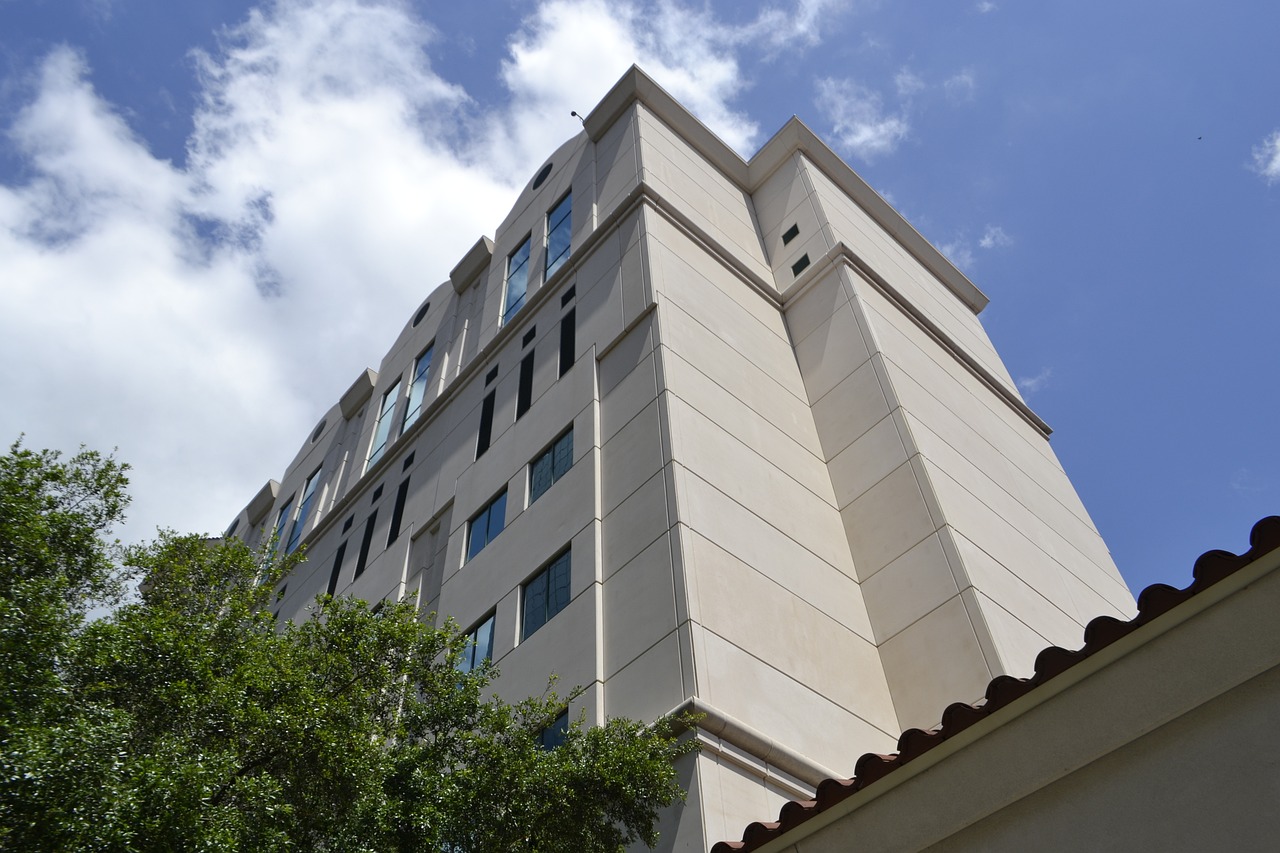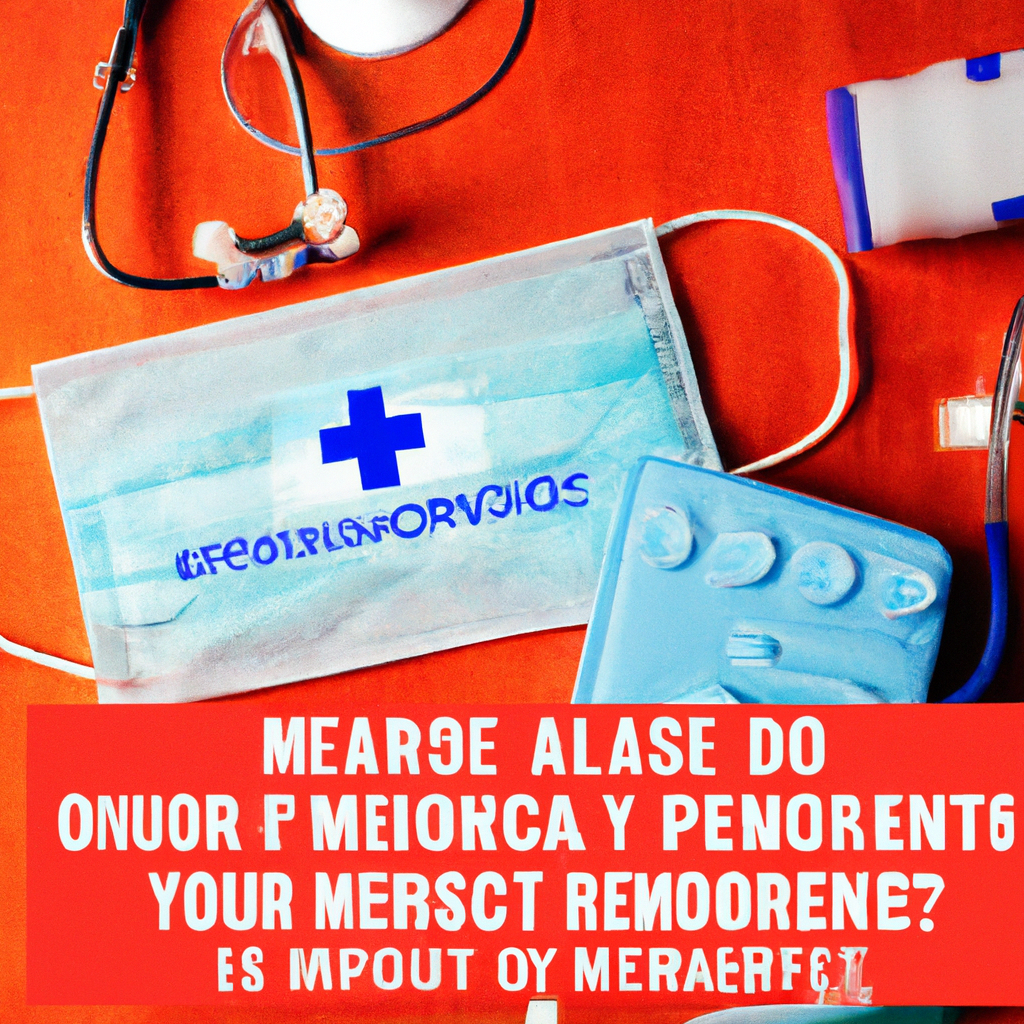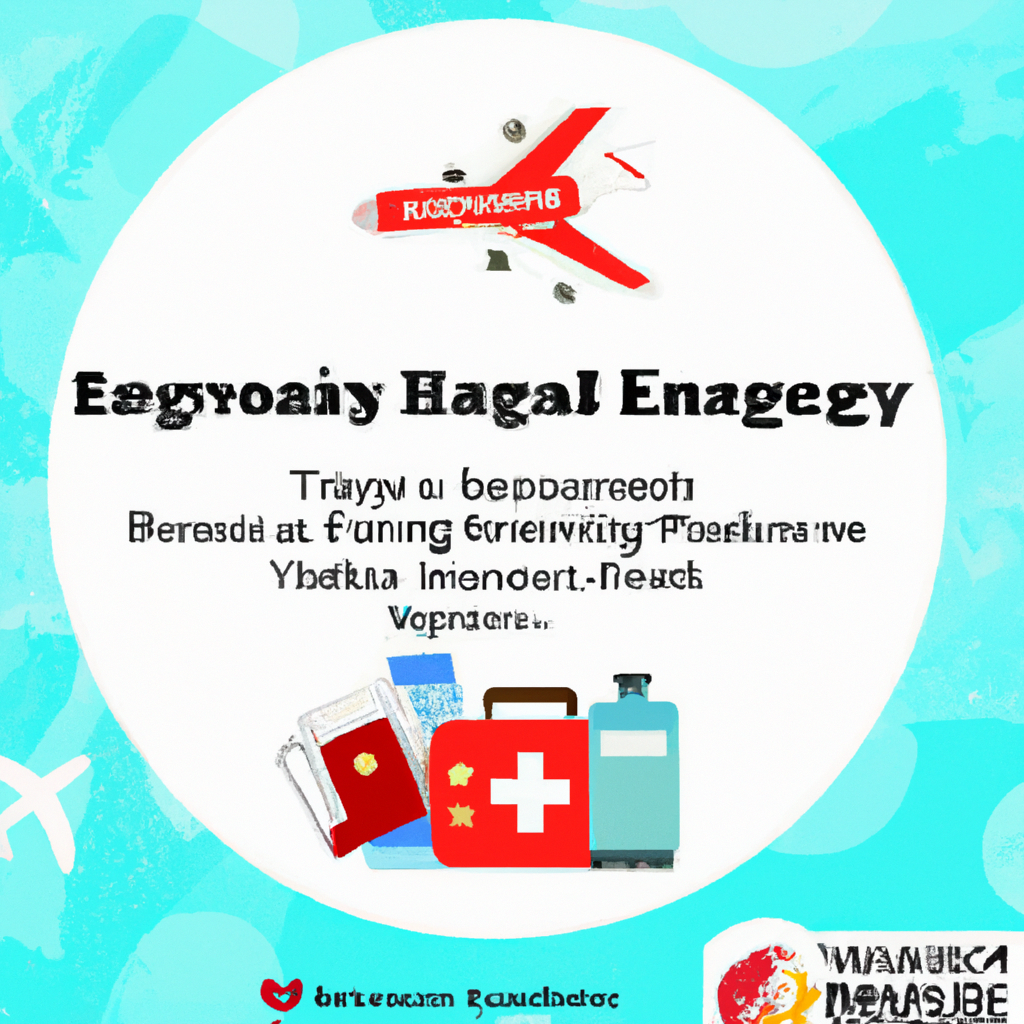
How Do I Handle Emergencies Or Medical Issues While Abroad?
When traveling to a foreign country, it is important to be prepared for any unforeseen circumstances, especially when it comes to emergencies or medical issues. Whether you are embarking on a thrilling adventure or savoring the beauty of a different culture, knowing how to handle these situations can bring you peace of mind and ensure your well-being. In this article, we will explore some essential tips and strategies to navigate emergencies or medical concerns while you are abroad. By equipping yourself with this knowledge, you can confidently enjoy your travels to the fullest, knowing that you are prepared for any situation that may arise.

1. Understanding the local emergency services
1.1 Know the emergency hotline number
Before you embark on your trip, it is crucial to familiarize yourself with the local emergency hotline number. In different countries, emergency services may have different numbers, so ensure that you have the correct one for your destination. This number will connect you directly to the appropriate emergency services, such as police, fire, or medical assistance, in case of any emergencies or medical issues.
1.2 Research the local healthcare system
It is essential to research and understand the local healthcare system of your destination country. Familiarize yourself with the process of accessing medical care, including how healthcare is provided, the quality of healthcare facilities, and the availability of specialized treatments. This knowledge will help you navigate the healthcare system more effectively should you require medical assistance during your trip.
1.3 Familiarize yourself with local hospitals and clinics
Take the time to identify and familiarize yourself with local hospitals and clinics in the area where you will be staying. Locate the nearest medical facilities to your accommodation, as well as any specialized hospitals or clinics that may be relevant to your specific medical needs. Knowing the locations and contact information of these facilities beforehand can save you valuable time and stress in the event of an emergency.
1.4 Learn about any language barriers
When traveling to a foreign country, it’s essential to be aware of any potential language barriers that may exist between you and the local healthcare providers. Determine if there is a significant language difference and if English is widely spoken or understood. If necessary, consider learning some basic medical phrases in the local language or carrying a translation app or phrasebook to help facilitate communication during medical emergencies.
2. Preparing before your trip
2.1 Get travel insurance
One of the most important steps to take when planning a trip abroad is to secure comprehensive travel insurance. Travel insurance provides financial protection in case of unforeseen medical emergencies, trip cancelations, or lost belongings. Make sure your travel insurance covers medical expenses and emergency medical evacuation, as this can potentially save you from exorbitant medical bills should you require medical treatment during your trip.
2.2 Carry a comprehensive medical kit
Prepare a comprehensive medical kit to bring with you on your trip. This kit should include basic first aid supplies, such as adhesive bandages, antiseptic ointment, pain relievers, and any necessary prescription medications. Additionally, consider including items such as insect repellent, sunscreen, and any personal medical devices you may require. Having a well-stocked medical kit will allow you to address minor medical issues promptly and provide temporary relief until you can access appropriate medical care.
2.3 Plan for any pre-existing medical conditions
If you have any pre-existing medical conditions, it is crucial to plan and prepare accordingly before your trip. Consult with your primary healthcare provider to discuss your travel plans and to ensure that your condition is stable for travel. Obtain any necessary medical documentation, such as a letter detailing your condition and the medications you require. Take an ample supply of your medications with you, considering potential delays or losses during your trip.
2.4 Obtain copies of important medical documents
Before leaving for your trip, make copies of your important medical documents, such as your passport, travel insurance details, and any medical prescriptions. Keep these copies in a safe place, separate from the originals. In the event that you lose any essential documents during your trip, having copies readily available will facilitate the process of obtaining replacements and accessing necessary medical care.

3. Staying safe and healthy while abroad
3.1 Follow local safety guidelines
To stay safe and healthy while abroad, it is crucial to familiarize yourself with and adhere to the local safety guidelines. Research the specific safety recommendations for your destination, such as precautions against petty theft, guidelines for safe transportation, and any potential dangers or risks to be aware of. By being informed and vigilant, you can minimize the chances of encountering avoidable emergencies or medical issues.
3.2 Practice good hygiene
Maintaining good hygiene practices is essential for preventing the spread of illnesses and infections while traveling. Wash your hands frequently with soap and clean water, especially before meals and after using the restroom. If clean water is not readily available, use hand sanitizer that contains at least 60% alcohol. Avoid touching your face, especially your eyes, nose, and mouth, to minimize the risk of contracting or spreading germs.
3.3 Stay hydrated and eat well
Staying hydrated and nourished is vital for maintaining good health while abroad. Drink plenty of clean, potable water to prevent dehydration, especially in hot climates or during physical activities. Be cautious of consuming untreated tap water or ice in countries where the water quality may be a concern. Additionally, choose foods from reputable sources and practice safe food handling to prevent foodborne illnesses.
3.4 Avoid risky activities or locations
To minimize the risk of accidents or injuries, it is advisable to avoid engaging in risky activities or visiting unsafe locations while abroad. Research potential dangers or hazards associated with certain activities, such as extreme sports or off-road adventures, and assess your comfort level and experience before participating. Use common sense and exercise caution when exploring unfamiliar areas to ensure your safety and well-being.
3.5 Be aware of your surroundings
Remaining aware of your surroundings and staying vigilant is essential for your personal safety and security while traveling. Pay attention to your surroundings, especially in crowded or unfamiliar areas. Trust your instincts and, if something feels uncomfortable or unsafe, remove yourself from the situation. By being aware and cautious, you can reduce the likelihood of encountering dangerous situations or emergencies.
4. Addressing minor medical issues
4.1 Self-care for common ailments
Minor medical issues such as headaches, allergies, or minor cuts and bruises can often be addressed through self-care measures. Be prepared to handle these common ailments by packing over-the-counter medications such as pain relievers, antihistamines, and adhesive bandages in your medical kit. Additionally, rest, hydrate, and apply basic first aid techniques as appropriate to help alleviate minor symptoms.
4.2 Ask locals or hotel staff for recommendations
If you encounter minor medical issues that require attention beyond self-care, consider asking locals or hotel staff for recommendations on nearby medical clinics, pharmacies, or doctors. Locals can provide valuable insights into the quality and reputation of local healthcare providers, ensuring that you receive appropriate and reliable medical care for your specific needs.
4.3 Visit a local pharmacy or convenience store
In many countries, local pharmacies or convenience stores offer a range of over-the-counter medications and basic medical supplies. Pharmacists or store clerks can often provide advice and recommendations for addressing minor medical issues. When visiting a pharmacy or convenience store, bring any necessary translation tools or basic knowledge of the local language to help communicate your needs effectively.
4.4 Seek advice from telemedicine services
In today’s interconnected world, accessing medical advice and consultation remotely is becoming increasingly common and convenient, even while traveling abroad. Consider utilizing telemedicine services if you have access to a stable internet connection. Through these services, you can consult with healthcare professionals who can provide guidance and support for minor medical issues without the need for physical visits to a healthcare facility.

5. Handling serious emergencies
5.1 Call the local emergency hotline
In the case of serious emergencies or medical issues that require immediate attention, do not hesitate to call the local emergency hotline number you previously researched and noted down. Provide clear and concise information about the situation and your location, and follow the instructions given by the emergency operator. Stay on the line until help arrives and remain as calm as possible to facilitate effective communication.
5.2 Seek assistance from your accommodation
If you are staying at a hotel or accommodation facility, notify the staff immediately if you encounter a serious emergency. They can help facilitate communication with local emergency services or provide guidance on nearby medical facilities. Many hotels have trained staff who can offer first aid assistance while waiting for professional medical help to arrive.
5.3 Find a nearby hospital or clinic
If your situation allows and it is safe to do so, locate and seek immediate medical attention from a nearby hospital or clinic. If you researched and became familiar with the local healthcare system beforehand, you will have a better understanding of which medical facilities are best suited to handle your specific emergency. If necessary, ask for assistance from locals or use navigation apps to guide you to the nearest healthcare facility.
5.4 Contact your travel insurance provider
When faced with a serious emergency or medical issue while abroad, it is important to contact your travel insurance provider as soon as possible. Inform them of your situation, provide relevant details, and follow their guidance regarding medical care and reimbursement procedures. Keep copies of all documentation, including medical reports and bills, to assist with any insurance claims or inquiries.
5.5 Reach out to your embassy or consulate
In case of serious emergencies or medical issues, it can be beneficial to reach out to your home country’s embassy or consulate for assistance. They can provide guidance and support, such as connecting you with local resources or helping with language barriers. It is advisable to have the contact information for your embassy or consulate readily available, stored in your phone or kept in your travel documents.
6. Dealing with language barriers
6.1 Learn basic medical phrases in the local language
When facing language barriers while seeking medical assistance abroad, learning basic medical phrases in the local language can be immensely helpful. Familiarize yourself with expressions such as “I need a doctor,” “I am allergic to X,” or “Where is the nearest hospital?” This will enable you to communicate your needs effectively, even if the healthcare providers have limited English proficiency.
6.2 Carry a translation app or phrasebook
To bridge the gap in communication, consider carrying a translation app or phrasebook specifically designed for medical phrases. These tools can help you overcome language barriers by providing translations and pronunciations of commonly used medical terms and expressions. Choose an app or phrasebook that allows offline access, as internet connectivity may not always be available in emergency situations.
6.3 Seek assistance from bilingual locals
If language barriers persist, seek assistance from bilingual locals who can help facilitate communication between you and the local healthcare providers. Hotel staff, tour guides, or other English-speaking individuals can often provide valuable assistance in translating medical information or conveying your needs to healthcare professionals accurately. Do not hesitate to ask for help when language becomes a barrier during emergencies.

7. Obtaining medication and prescriptions
7.1 Carry an ample supply of necessary medications
Ensure that you have an ample supply of the necessary medications for the duration of your trip. Pack more than you anticipate needing, considering potential travel delays or unforeseen circumstances. Keep medications in their original packaging, clearly labeled, and carry a prescription or a letter from your healthcare provider detailing your need for the medications. This will help facilitate any necessary customs inspections and provide documentation in case of loss or required refills.
7.2 Consult with local pharmacies
If you need to obtain medications or refills while abroad, consult with local pharmacies for assistance. Inquire about the availability and regulations regarding your specific medications, and if necessary, provide them with the relevant medical documentation or prescriptions. Local pharmacists can provide valuable advice and ensure that you receive the correct medications equivalent to what you are accustomed to in your home country.
7.3 Contact your home country’s embassy or consulate
If you encounter difficulties obtaining necessary medications while abroad, reach out to your home country’s embassy or consulate for guidance and support. They can assist in navigating any bureaucratic procedures or provide local resources that can help facilitate the provision of your required medications. Be prepared to provide them with necessary documentation and a detailed explanation of your situation.
7.4 Utilize international prescription services
International prescription services can help ensure that you have access to your necessary medications while traveling abroad. Some services allow you to order medications from reliable pharmacies in your home country and have them securely delivered to your destination. When using international prescription services, it is essential to research reputable providers that comply with all legal requirements and regulations.
8. Communicating with family and emergency contacts
8.1 Share your travel plans and emergency contact details
Before your trip, share your travel plans and emergency contact details with your family and loved ones. Provide them with a detailed itinerary, including the dates and locations of your accommodations. In addition, share the emergency hotline number, your travel insurance details, and any other relevant contact information they may need in case of emergencies. This will enable them to reach you or assist you efficiently if the need arises.
8.2 Regularly update your loved ones
Regularly update your loved ones, especially those designated as emergency contacts, about your well-being and any significant happenings during your trip. This helps them stay informed about your safety and ensures that they are aware of any medical issues or emergencies you may encounter. Communication can be through phone calls, text messages, emails, or any other preferred communication platforms that are accessible and reliable both for you and your loved ones.
8.3 Make use of communication apps or devices
In today’s digitally connected world, numerous communication apps and devices can help you stay in touch with your family and emergency contacts while traveling abroad. Familiarize yourself with the functionality and accessibility of platforms such as messaging apps, video calling apps, or GPS tracking devices. These tools can enhance communication and provide peace of mind for both you and your loved ones in case of emergencies.

9. Understanding cultural differences in healthcare
9.1 Research cultural attitudes towards healthcare
Different cultures may have varying attitudes and beliefs regarding healthcare practices. Take the time to research and understand the cultural context of your destination regarding medical treatments, traditions, and beliefs. This cultural awareness will enable you to approach the local healthcare system with respect and open-mindedness, fostering better communication and mutual understanding with healthcare providers.
9.2 Be mindful of traditional remedies or practices
In some countries, traditional remedies or practices may hold significance in the local healthcare system. While these may be unfamiliar or different from what you are accustomed to, it is essential to approach them with an open mind and respect. Be mindful of the potential benefits and risks associated with traditional remedies, and consult with healthcare professionals who have knowledge and experience with both traditional and modern medicine.
9.3 Respect local customs and beliefs
Respect for local customs and beliefs is crucial when navigating a foreign healthcare system. This can include dressing modestly in healthcare facilities, adhering to cultural norms of physical contact or personal space, and demonstrating patience and understanding when faced with administrative differences. By respecting local customs and beliefs, you are fostering a positive and respectful interaction with healthcare providers, enhancing the quality of care you receive.
10. Post-emergency actions and follow-up
10.1 Retain copies of medical reports and bills
After experiencing a medical emergency or seeking medical assistance abroad, retain copies of all medical reports, bills, and receipts related to the treatment received. These documents are essential for insurance claims or reimbursement purposes, as well as for any necessary follow-up with your regular healthcare provider upon your return home. Keep both physical and digital copies of these records in a secure location.
10.2 Follow the prescribed treatments and medications
If you received prescribed treatments or medications during your trip, it is crucial to follow them diligently to ensure proper recovery and ongoing health. Adhere to the instructions provided by healthcare professionals and complete the full course of any prescribed medications. If any concerns or side effects arise, seek medical advice promptly, whether from a local healthcare provider abroad or your regular healthcare provider upon returning home.
10.3 Consult with your regular healthcare provider upon return
Upon returning home, schedule a follow-up consultation with your regular healthcare provider to discuss any medical issues or treatments you received while abroad. Provide them with all relevant medical documentation and reports to aid in their assessment. Your regular healthcare provider will be able to review and evaluate the care you received abroad, address any ongoing health concerns, and make any necessary adjustments to your healthcare plan.




